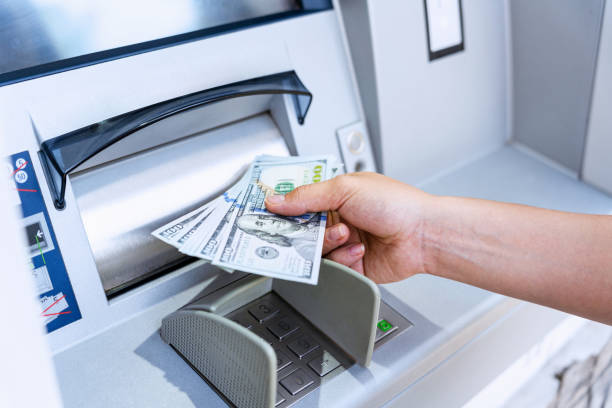You can withdraw from your registered retirement savings plan at any time, but withdrawals made before you turn 71 can lead to significant penalties.
How much tax will you pay on RRSP withdrawals on your own?
If you withdraw funds from your RRSP before you reach 71 (the age when you are RRSP matures), it is like taking money out of a special vault before the agreed-upon time. Doing this triggers extra charges or penalties. These penalties come in the form of withholding tax, meaning the government takes a portion of your withdrawal right away, and you have to count that amount as taxable income when you file your taxes.
In essence, withdrawing early from your RRSP before 71 can cost you more due to these penalties, affecting both the amount you get in hand and the taxes you will owe — and the amount is added to your taxable income.
However, after years of contributing to your RRSP, you might start to think about withdrawing some or all of that money, possibly before your RRSP matures.
It is important to understand how RRSP withdrawals work because depending on how you access your money, you could wind up paying steep withholding taxes.
If you are considering withdrawing funds for a second home away from Canada, you may be able to avoid some of these drawbacks — and make the most of your RRSP benefits by using Seaport Credit Canada Services, ask for more information about this strategy, by visiting: https://seaportcredit.ca/en-ca/
Keep in mind, that the money you withdraw from your RRSP has to be returned, so it is more like an interest-free loan to yourself than a true withdrawal. You will have 15-20 years to replenish the funds used and guarantee yourself the funds available upon reaching age 71.


